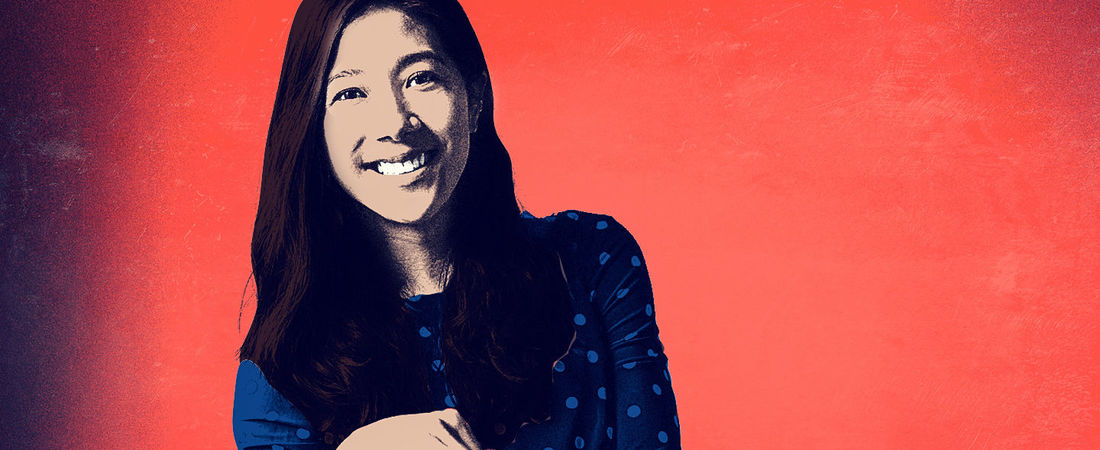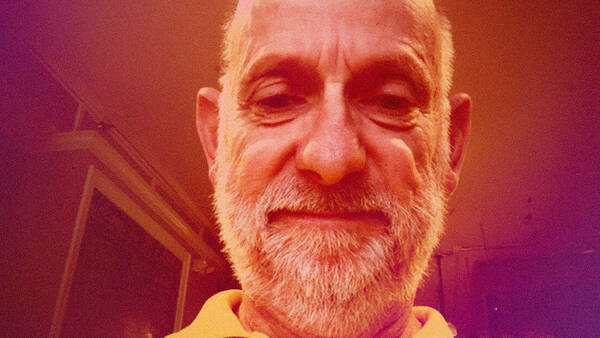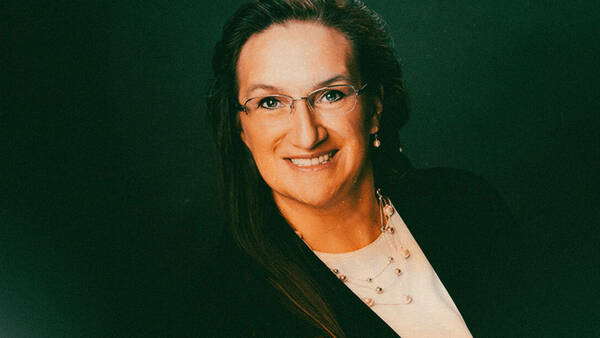In 2012, Jane Lee '09 was a graduate student living in New York City, training for the New York City Marathon, and perfectly healthy—or so she thought. But over the weeks and months of training, her times never improved, and she always felt winded.
Lee was born with a congenital heart defect and had surgery on it as a baby, but had basically forgotten about it—except for a small surgery scar on her chest—until running became such a struggle. She decided to check in with a cardiologist, just in case, and was shocked to learn that she needed open heart surgery—a pulmonary valve replacement that would help her heart muscle work more efficiently, and allow her to run without having trouble breathing.
“I think, because of certain language barriers and access issues, it wasn’t ever communicated to me or my family what I would need in terms of follow up care, [or that I could have more problems later in life],” says Lee, who was born and raised in Los Angeles after her parents came to the U.S. from South Korea. “So it was really on my own initiative that I saw a cardiologist. It was a big learning experience in terms of access to health services. I remember thinking before my surgery, ‘What about people who don’t realize they should get checkups, or can’t access specialty services [like I can]?’”
It was Lee’s first encounter with this kind of situation as an adult. When she was seven years old, her father, Jung Mu Lee, had brain cancer and the family struggled to navigate and access the American health care system, as relative newcomers to the country. He even ended up returning to South Korea for some treatments before ultimately dying from the disease.
“Being from an immigrant family has really shaped my understanding of the world and community needs,” Lee says. She earned a Ph.D. in social work at New York University, and today, as an assistant professor in the School of Social Work at the University of Washington, she studies the role of migration in shaping the health and well-being of immigrant populations and works with immigrant groups to improve their access to and experience with health care.
Lee, who lives with her husband, Robert, and dog, Rosie, in Seattle, was recognized as one of Notre Dame’s inaugural Domer Dozen honorees in 2019. The Domer Dozen honors young alumni who continue to make a difference in the areas of faith, service, learning, or work, serving as inspiring role models to a rising generation of soon-to-be Notre Dame graduates.
Lee says she has vague memories of her father’s illness during her childhood, but that it was her own heart surgery that fully illuminated issues around health care access: “I realized the importance of advocating for those who lack access to health services, to enhance equity and social justice in our communities.”
Lee studies what keeps immigrant populations from accessing health care services, on both individual and societal levels, and then works to reduce or eliminate those barriers. Individual barriers could be a person’s own beliefs or fears about health care, or differing levels of knowledge about what care is available. Structural barriers include health services not being available in certain communities, or, if they are accessible, not being offered in multiple languages or presented in culturally respectful ways. In other situations, people lack the socioeconomic resources to pay for health care costs or even make it to appointments.
While getting a master’s degree in social work at Columbia University in New York, Lee worked at a domestic violence agency, as well as a community organization in the Bronx and saw firsthand how resources tailored to immigrant communities were lacking. But, she also became aware of the need for concrete research to demonstrate the problem.
“Research was a way to enhance our understanding and address specific disparities for communities that are often overlooked,” Lee says. “My work is really community centered—working in collaboration and listening to community members and community organizations who understand the needs of their communities—and working together to identify ways to address gaps in care.”
Her current focus is on reducing the stigma of HIV/AIDS among immigrant communities in Seattle and making sure patients have access to the care and medication they need. Lee found through her research that even when health care services are available, HIV/AIDS patients will avoid going into a clinic because of the stigmas associated with the disease. So Lee is working in Seattle to examine how to train peer educators within the community to facilitate testing for HIV and other sexually transmitted infections outside of the clinic setting, and even deliver medical care in some cases.
“Not only are communities stigmatized for being immigrant or being part of a specific racial ethnic group or having particular sexual orientations, even the diseases can be stigmatized. So how can we really address those stigmas, so that we can really improve outcomes and reduce disparities?” Lee says. “Immigrant communities are vulnerable, and their [health care] experiences can really shape their outcomes here in the United States.”



